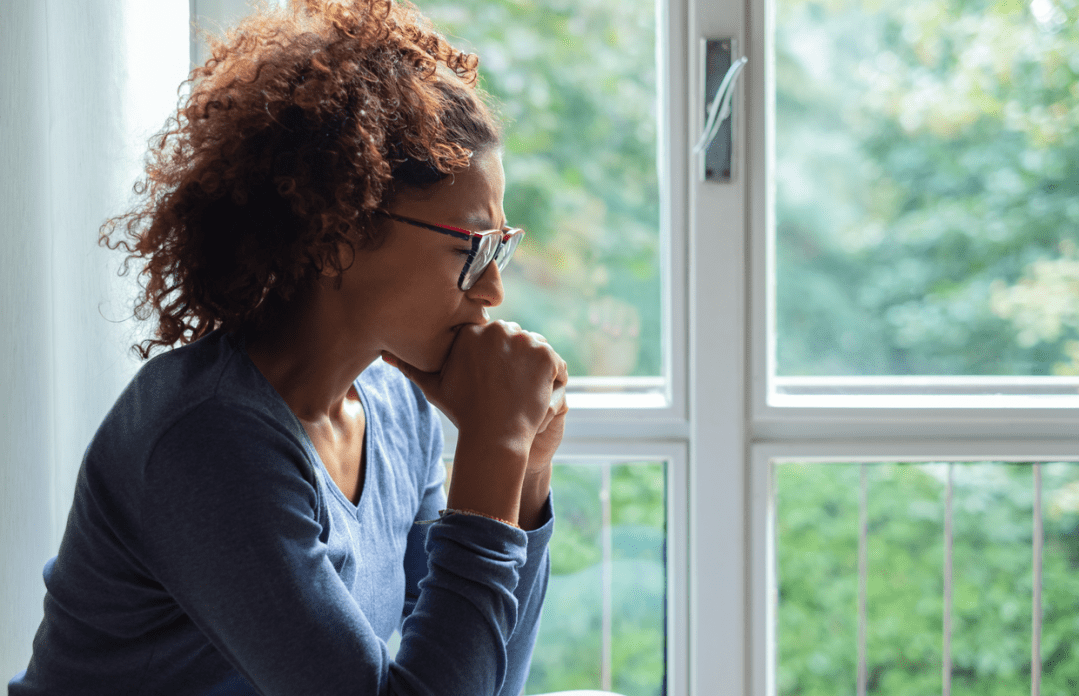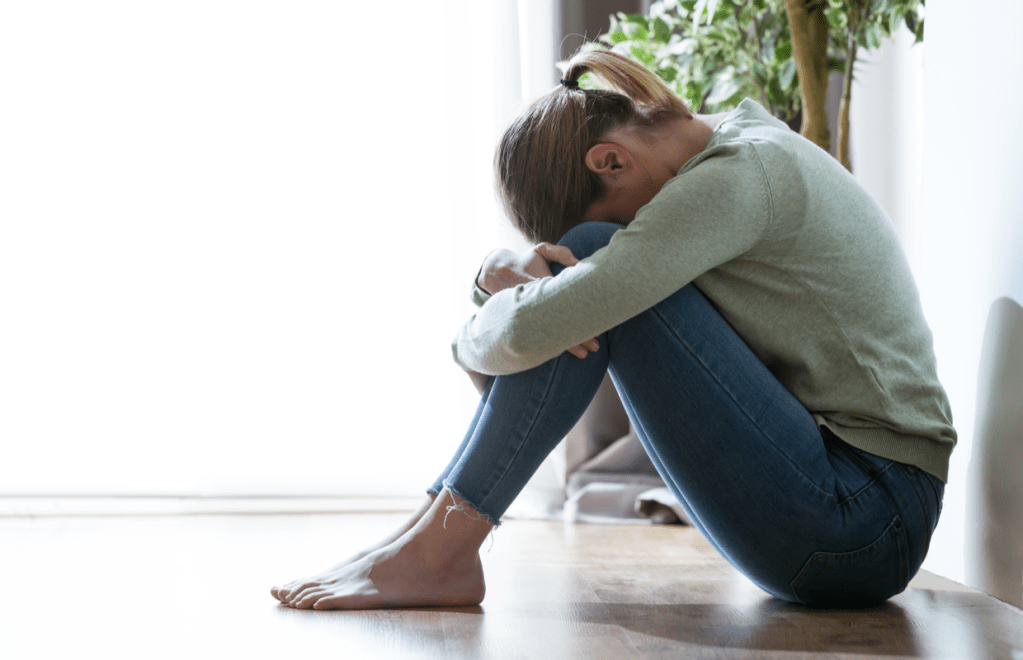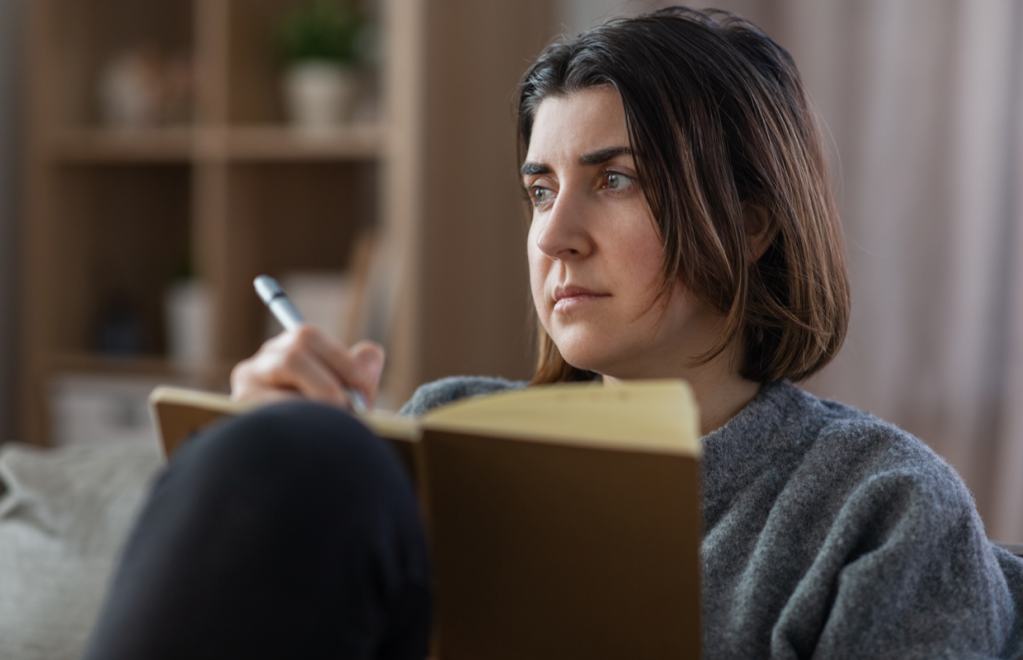Using grief to become stronger: finding positivity after loss
Bereavement ambassador Mark Lemon shares his experience of using his grief to become stronger, following the murder of his dad 30 years ago...

Children’s author and podcaster Mark Lemon was just 12 years old when his father was murdered, on 12 May 1992, 30 years ago this month. Since then, he has worked tirelessly to become a bereavement ambassador and a beacon of support to help guide others through the complex and undulating world of grief.
Here, he talks candidly about his experiences, shares his advice for others facing loss and bereavement, and explains how using your grief to become stronger can help you find happiness in the most unlikely of places…
I was 12 years old when my dad was murdered and my life changed forever. It was just before the end of the school day, and my teacher told me that my mum had asked me to go home immediately. I instinctively knew something very bad had happened. It was just minutes before the end of the school day: why couldn’t it wait until I got back?
My experience with grief
When I arrived home, I approached the house from the grassland in front, and felt that sense of foreboding even more. There was a police car in the driveway, and I heard the sound of my sister crying in the living room. My mum took me upstairs and told me that my dad had died. I remember crying for a minute or so, and then feeling like I had to get out of the house; it all seemed so surreal.
I cycled back to school. It was the end of the day by this point, and the kids were all leaving. I remember going up to a friend who had lost her dad a couple of years before, and telling her my dad was dead, before dropping to my knees in tears.

Processing loss
When I got home later that evening, my uncle sat me down and told me what had happened. I remember thinking Dad must have been in an accident in his car – he had a sporty red one, and I thought he must have crashed. So it was shocking to learn he had been murdered – especially when I then discovered that he had been trying to help someone.
Our cleaner had been going through a difficult break-up with her husband, and had her post delivered to our house so her partner couldn’t intercept it. Dad had taken her mail round to her, but her partner saw him, stole a knife and went to the house, where they were having coffee.
There was a scuffle and my dad got the better of him, but then the man grabbed the knife and stabbed my dad 17 times. He was stabbed through the heart, which killed him instantly.
Giving yourself space to grieve
Suddenly, my entire life was different. When you lose your role model – someone you used to play sports with, who would take you to all these places, and who you looked up to – it’s really hard. When that person is gone in the blink of an eye, your whole world falls apart.
I remember the morning after it happened. For a split second when I woke up, I’d forgotten and everything was normal. But then it dawned on me that it wasn’t okay, and that Dad was really gone. In the early stages of grief, staying positive or using your experiences to become stronger can feel impossible.
It took me a very long time to be able to get to a place where I could remember the happy times with my dad. It’s as if your brain won’t let you remember, because it’s too painful. Even 30 years on, it can be a challenge. It’s like a coping mechanism and I still work through it today – but that’s life living with grief.

Grief is not a ‘quick-fix’ process
I’ve found that talking and writing has been a big help. It’s helped me acknowledge what happened, and has made me see these feelings are completely normal. For many years, I used to question why I was still feeling this way, but you come to realise there is no set pattern to grief. It’s not a quick-fix process; it’s not even a fixable process.
No one has a magic wand to make you feel fine; it’s not linear, and you’re not going to be ‘healed’. It’s something you have to live with, and you take comfort wherever you can find it. Over time, however, using your grief to become stronger is possible
Understanding the complex nature of grief
The biggest thing to understand is that no day is ever the same in grief. Every minute, every hour, and every day you can change how you feel. It might sound like a cliché, but it’s important to do what works for you.
Some days I think: ‘I shouldn’t be feeling sad today – the sun is shining, and there’s so much to be grateful for.’ But these feelings are normal. For someone recently bereaved, who has just gone through an unbearable loss, please take it easy on yourself.
I’m not sure whether time is a healer as such, but it will show you how to live with these feelings you’re experiencing. And through your own unique journey, you’ll get to the point of understanding yourself that little bit better.

Using grief to become stronger
Grief has shown me how to be empathetic and compassionate towards others. You never know what people are going through; everyone’s grief is individual, and I always try to treat people with kindness and respect.
It’s also taught me about my own feelings. Once you get to the point of understanding that the grief never goes away, you have the power within you to let your feelings in and to process them.
Grief is my Superpower is the name of my podcast, which might seem an odd statement – but it’s true in many ways. Grief has given me a certain amount of resilience, and if there’s something I want, I can be quite single-minded about it.
Life is short and for living. Ultimately, you can use grief to become stronger. You’ve gone through this awful thing, but you’re still standing and still functioning.
How to help someone who is grieving
I often get asked about how people should help their friend or loved one through grief; it might sound obvious, but the main thing is letting them know you’re there for them, whether it’s in a text or simply sitting down and saying, ‘I’m here when you need me.’
In the early stages, practical help, such as picking the kids up, getting some shopping or cooking a meal, can also be hugely helpful. You might not be able to take their pain away, but your support will mean the world.
Be there for someone dealing with loss
One of the most difficult things is when people avoid you because they don’t know what to say. My logic is this: that person has already felt unbearable pain, so anything you say won’t make them feel any worse.
During the early stages of grief there are the flowers, the hugs at the funeral, and all the people around you – it’s like a wave of support – but after a while, that disappears and you’re left alone with the reality of what’s happened.
Reassuring a friend that you will still be there, even after time has passed, can be a real comfort. Again, it comes down to regularly showing up and letting them know that you’re there for them. A simple text asking how they are or whether they need anything is all it takes. Even if they don’t reply, that’s kind of the answer in itself and you shouldn’t feel disheartened.

Life after loss
I’m married now and have two wonderful children of my own, though that in itself is tough. As you reach different milestones, it becomes more obvious that someone is missing. I often think what it would be like to just be able to have a chat with my dad now. Thankfully, I’ve always felt like he is around me – but I appreciate not everyone shares that belief.
It’s 30 years since Dad’s death and we always mark it. We make pancakes in the morning, a bit like on a birthday. We don’t want it to be sad – we want it to be a day to remember him. My kids are seven and 10 now, so they’ve become more involved. We set a place for him at the table, and the kids write a note for Grandpa and attach it to a balloon.
There are things throughout the day that might trigger me, and I do like to have some quiet time to reflect, but it’s all part of the process. Life moves forward and you have to move with it. Your sadness and the way you deal with it might change over time, but that’s okay – it’s perfectly normal. Even in the face of grief, you can go on to live a wonderful life, using your experiences to become stronger.
Mark’s podcast Grief is my Superpower aims to show how it’s possible to live a positive and fulfilling life, even in the aftermath of loss. Tune in on Spotify. Follow @marklemonofficial.






